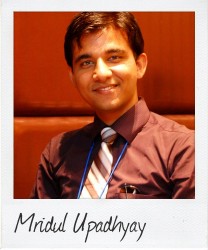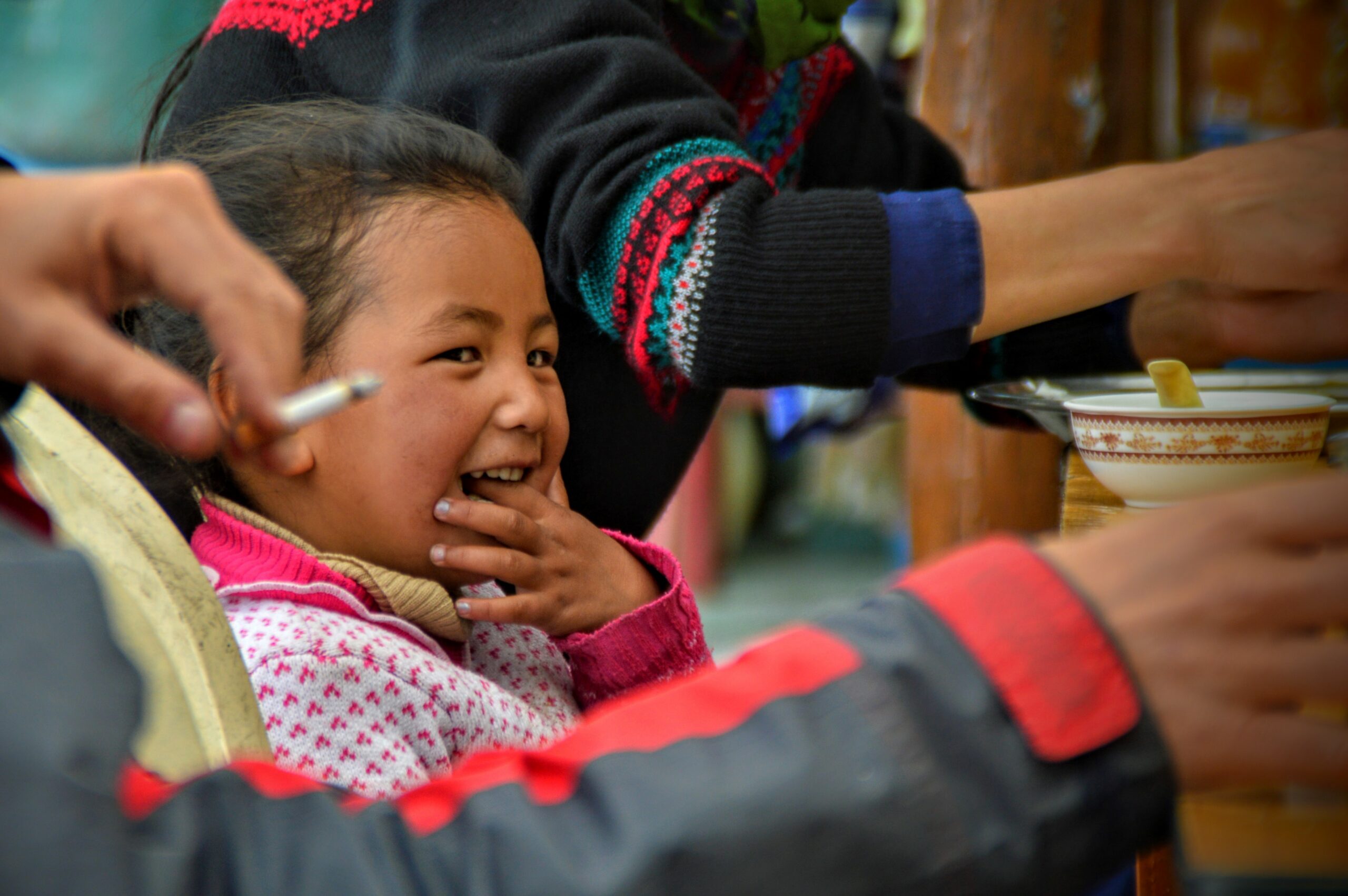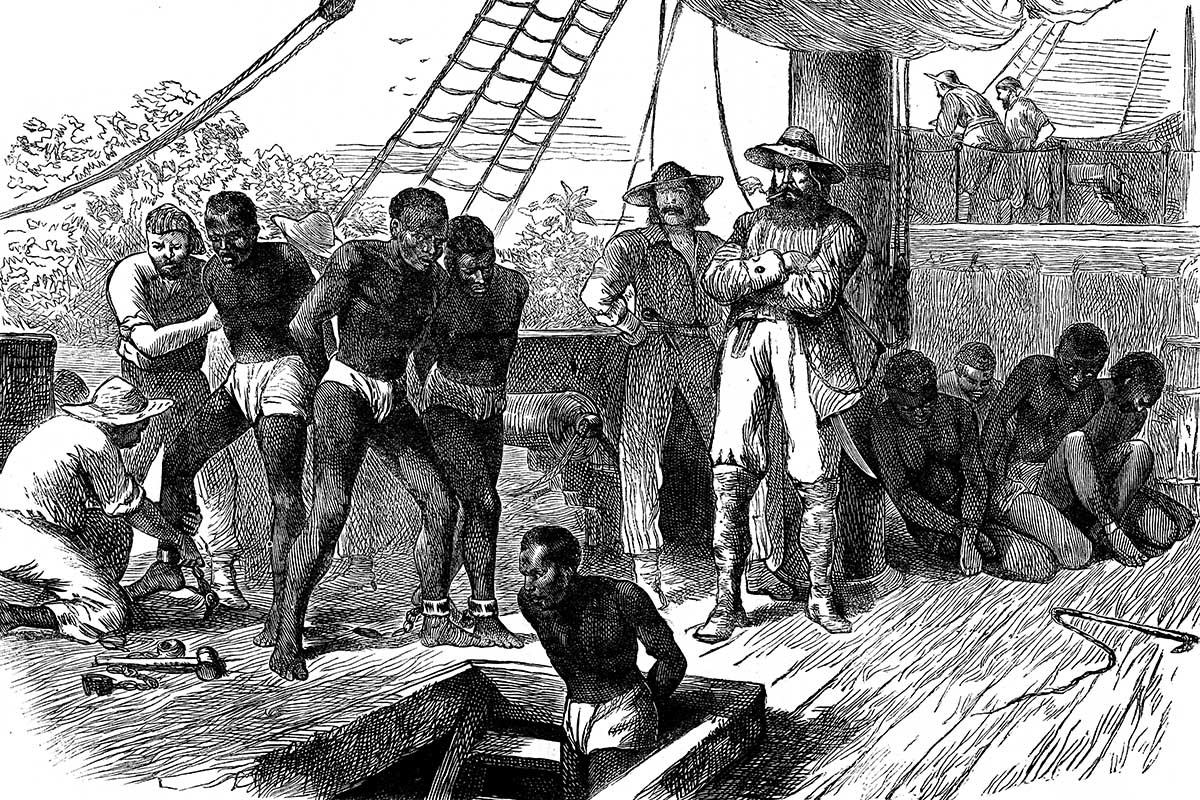“Finding a definition: What is development?”
October 11th, 2017 Working as a development practitioner led Mridul Upadhyay, 26, a Commonwealth Correspondent from New Delhi in India, to learn how to ensure that development provides the best solutions to local problems.
Working as a development practitioner led Mridul Upadhyay, 26, a Commonwealth Correspondent from New Delhi in India, to learn how to ensure that development provides the best solutions to local problems.
Most of us are familiar with sustainable development goals (SDGs). I have been a development practitioner for few years, but so many thoughts used to come into the mind when I faced the question, ‘What is development?”
So many that I, like most of us in this practice, could not even try to write down these thoughts to make an answer.
To gain clarity and become a professional rather than a practitioner, I joined this amazing full-time course on Development Leadership in the Indian School of Development Management (ISDM) a few months back.
My first description or understanding of development was that development is an evolving, multidimensional process of interventions to create a conducive environment that enables humans to live to their full potential. It ensures a dignified and desirable life for them, keeping in mind the dynamics and inter-dependency of the individual, society and earth.
But whose development? Who decides what is development and for whom? And how to balance development for all?
Our notion or understanding of development has been influenced greatly by some philosophies and philosophers, which have made us think mainly in a single direction. We try to make everything comply with selective approaches to concepts such as scientific knowledge, individual privacy, destruction of old practices for progress, knowledge consolidation from locals, and then guarding its use while de-skilling in the name of development. So, our thinking about development gets limited to ‘development for few’.
When A tells B that if B is not using the latest technology – which A thinks has many other benefits – then B is not living with the changing pace of time, B has every right to say ‘I’ll decide which century I want to belong to and live in”.
Development is not about decisions being taken in Washington DC, technology being finalised in California and laws being made in Delhi, for a rural Indian village or every other person in that small state. Development is freedom of choice and access to it.
Next is the balance between two priorities or agendas – let’s say local and national. With regards to ‘balance’, development is not about the balance, rather what value it is based on. People support and have been supporting the right value based development, i.e. donation of land for schools in India (Education for All movement) and donation of land for roads (National Village Road Plan). It is said that no land condemnation was required or done in India in order to build a school or local road in a community. So, the balance between two agendas depends on whether people are the object of development or subject of development. How you treat people matters.
Similarly, market also matters. Market is the third section of development, along with people and government. Development does not mean that we forget or neglect the role the market plays and can play in development. The economy is about the average person. Even if we do not agree much with the economist or supporters of free market, we understand that money can buy many basic amenities, so economic sustainability is very important when we talk about development. It is a great mistake not to consider market as an important stakeholder in development. We just need to identify how the market can be used as an intervention for development.
From our previous interventions in ecosystems, we have learnt how careful we need to be when proposing foreign solutions to local problems. The development practitioner and professionals need to be the ‘fig’ of social sector, develop the mutualism and try not to introduce ‘fig wasps’ from outside. Many a times, a development solution lies in the local context. We need to identify these through methods like participatory rural appraisal, system thinking or first principles, and enable the environment to let the local solutions flourish.
“Yesterday’s solutions are today’s problem. You can’t change the past, but if you don’t learn from it you are trapped into recreating it and all its problems. Your challenge is to learn to avoid sowing the seeds of tomorrow’s problems with today’s solutions.”- Bret L. Simmons
Photo credit: courtesy of Mridul Upadhyay
…………………………………………………………………………………………
About me: A thinker, a social volunteer, a mechanical designer, a theatre artist, a guitar player, a lyrics-writer, an amateur sketch artist, a cook, a traveler, a wannabe civil servant – there are many phrases I enjoy trying on me to describe what I see myself as.
Currently I work for the Oil and Gas Pipeline refineries as a design engineer and am studying for Management in Business Administration. I aspire to enlighten society with the knowledge and experience I gain.
………………………………………………………………………………………………………………
Opinions expressed in this article are those of the author and do not necessarily represent the views of the Commonwealth Youth Programme. Articles are published in a spirit of dialogue, respect and understanding. If you disagree, why not submit a response?
To learn more about becoming a Commonwealth Correspondent please visit: http://www.yourcommonwealth.org/submit-articles/
………………………………………………………………………………………………………………




